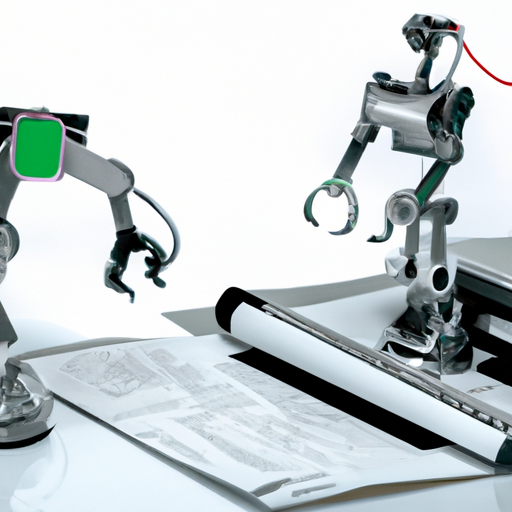Introduction
In an era where digital transformation is paramount, Robotics Process Automation (RPA) emerges as a game-changing technology. Organizations across various sectors are increasingly adopting RPA solutions to streamline operations and enhance productivity.
What is Robotics Process Automation?
RPA refers to the use of software robots or ‘bots’ to automate repetitive tasks and processes in business operations. These bots can mimic human interactions with digital systems, including data entry, processing transactions, and even communication.
Benefits of RPA
- Increased Efficiency: RPA takes over mundane tasks, allowing human employees to focus on more strategic activities.
- Cost Reduction: By minimizing errors and speeding up the process, RPA significantly lowers operational costs.
- Scalability: RPA allows organizations to easily scale operations without the need to hire additional staff.
- Improved Accuracy: Bots perform tasks consistently without fatigue, leading to enhanced accuracy in business operations.
Industries Embracing RPA
From finance to healthcare, industries are leveraging RPA to transform their workflows. For instance, financial institutions are using RPA to automate compliance reporting and fraud detection, while healthcare organizations utilize it for patient data management and appointment scheduling.
Challenges and Considerations
While RPA presents numerous advantages, organizations must also consider potential challenges. Data security and management, system compatibility, and change management are vital factors that need careful planning and implementation.
The Future of RPA
As artificial intelligence (AI) continues to evolve, the integration of AI with RPA is expected to create even more sophisticated automation solutions. This amalgamation can lead to enhanced decision-making capabilities and more intelligent business processes.
Conclusion
Robotics Process Automation is not just a trend; it’s a crucial component of modern business strategy. By embracing RPA, organizations can boost efficiency, reduce costs, and maintain a competitive edge in their respective industries. As we move forward, the adoption of RPA will likely become the norm, reshaping the future of work.
Call to Action: Interested in implementing RPA in your business? Contact us today for expert guidance and tailored solutions!













